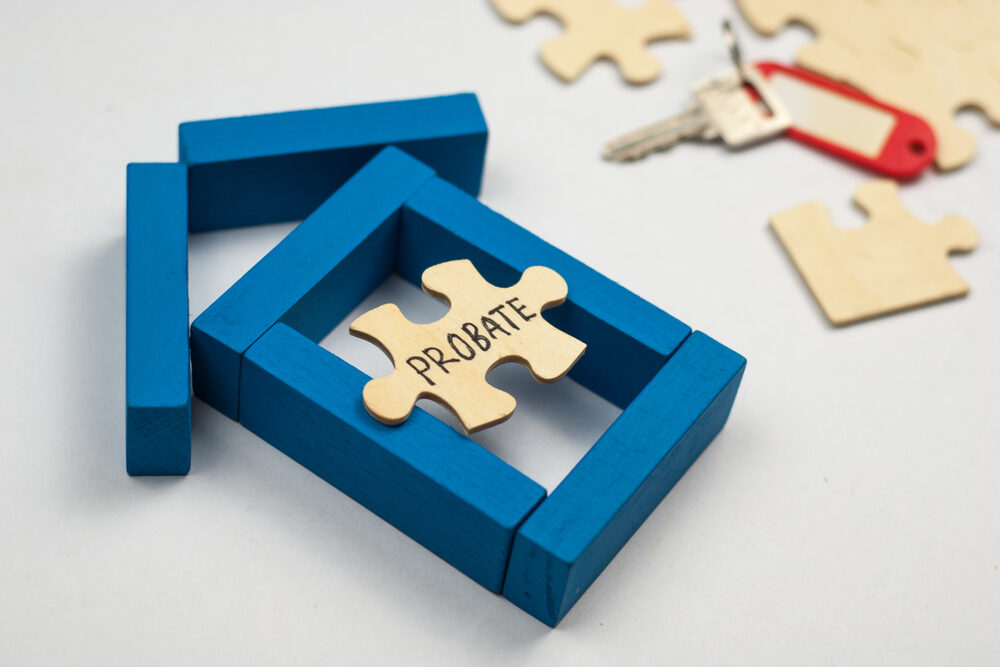Going through a bereavement is always a challenging time family and friends of the person who passes away. Aside from dealing with grief, there are practical obligations and legal processes to go through. One of which is the matter of who inherits the possessions and assets left behind by the deceased.
Hopefully, the person who has passed has left a will behind leaving instructions about how they want their ‘estate’ to be distributed among loved ones. If not, their property and assets are classed as ‘intestate’, and there is a fixed legal process governing inheritance. This can often lead to drawn-out legal wrangles in the courts.
But even if a person does leave a will, those who are named in it do not automatically receive their inheritance. There is another legal process to go through first. This one is called probate.
Probate serves two purposes. First, it determines whether a will is valid. If it doesn’t meet certain criteria, inheritance is open to contest.
Second, probate establishes who has the legal right to handle a dead person’s affairs as per the terms of their will. Part of the purpose of a will is to name an ‘executor’ for this purpose. What this really means is getting legal recognition to access things like bank accounts or have property ownership transferred. You will hear the phrase ‘applying for probate’. This is the formal procedure of the named executor requesting legal access to the deceased’s assets.
How long does probate take?
The length of time it takes to complete the probate process varies depending on several factors, such as the size and complexity of the estate, disputes and challenges etc.
Standard cases with simple estates and no challenges typically take six to nine months to complete. However, when dealing with larger, more complex estates it can take much longer. When there are court proceedings and litigation involved, probate can in extreme cases take years. The added legal costs can also seriously erode the value of an estate.
Probate typically involves the following steps:
- Confirmation of an executor: If no one is named as executor in a will, the court will appoint someone. This is usually the closest surviving relative.
- Notifying heirs and creditors: It isn’t just people named in the will as heirs who have to be informed that probate proceedings are ongoings. People often owe money when they die, in the form of mortgages, loans, finance deals on purchases etc. Creditors must also be informed to give them the opportunity to make claims against the estate for any outstanding debts.
- Making an inventory of the estate: One of the big tasks for the executor is to make a full appraisal of exactly what the deceased has left behind (or in other words, the size of their estate). This involves tracking down and accessing bank accounts, investment portfolios, property, stakes in businesses, and obtaining valuations on personal possessions.
- Paying debts and taxes: Before an estate can be divided between beneficiaries of a will, outstanding debts must be paid off. Any Inheritance Tax liable must also be calculated and paid.
- Distribution of assets: Once all of the above has been completed, the estate can be passed on to heirs according to the terms of the will (or the laws of intestacy, if there was no will). That’s the probate process completed.
There are ways to avoid the need for probate by arranging an individual’s estate while they are alive in such a way that inheritance can legally proceed without it. Whether you are recently bereaved and want advice and assistance on applying for probate, or are looking at estate planning options for yourself, contact Walsh Solicitors today.




